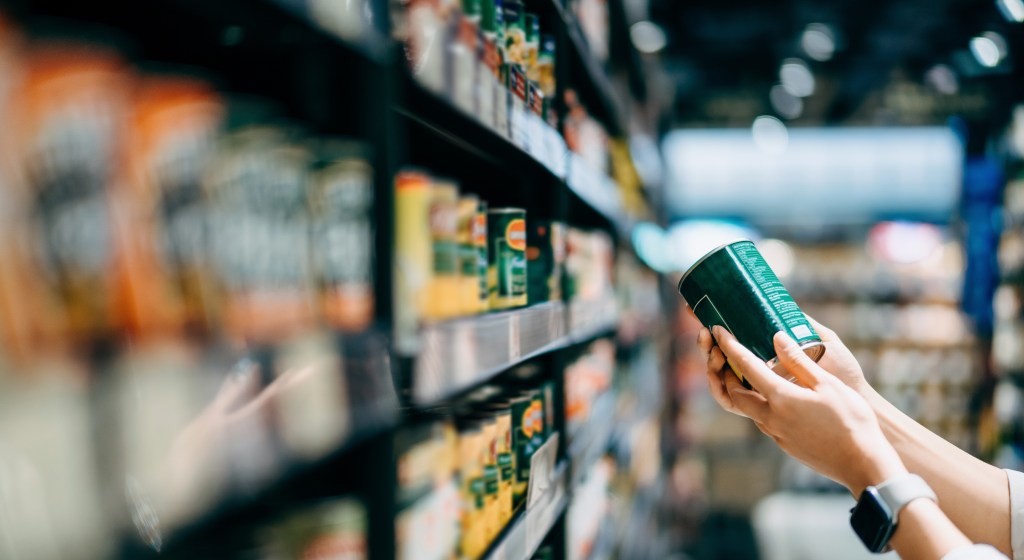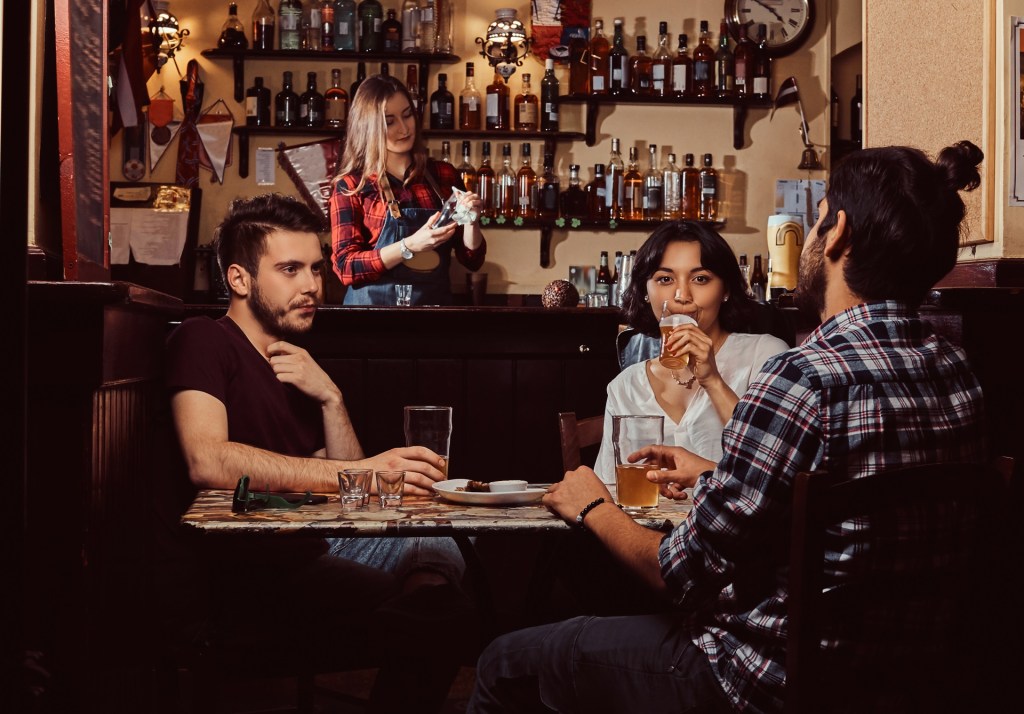The growth of online CPG into the omnichannel
Covid has accelerated a transition to online grocery shopping.
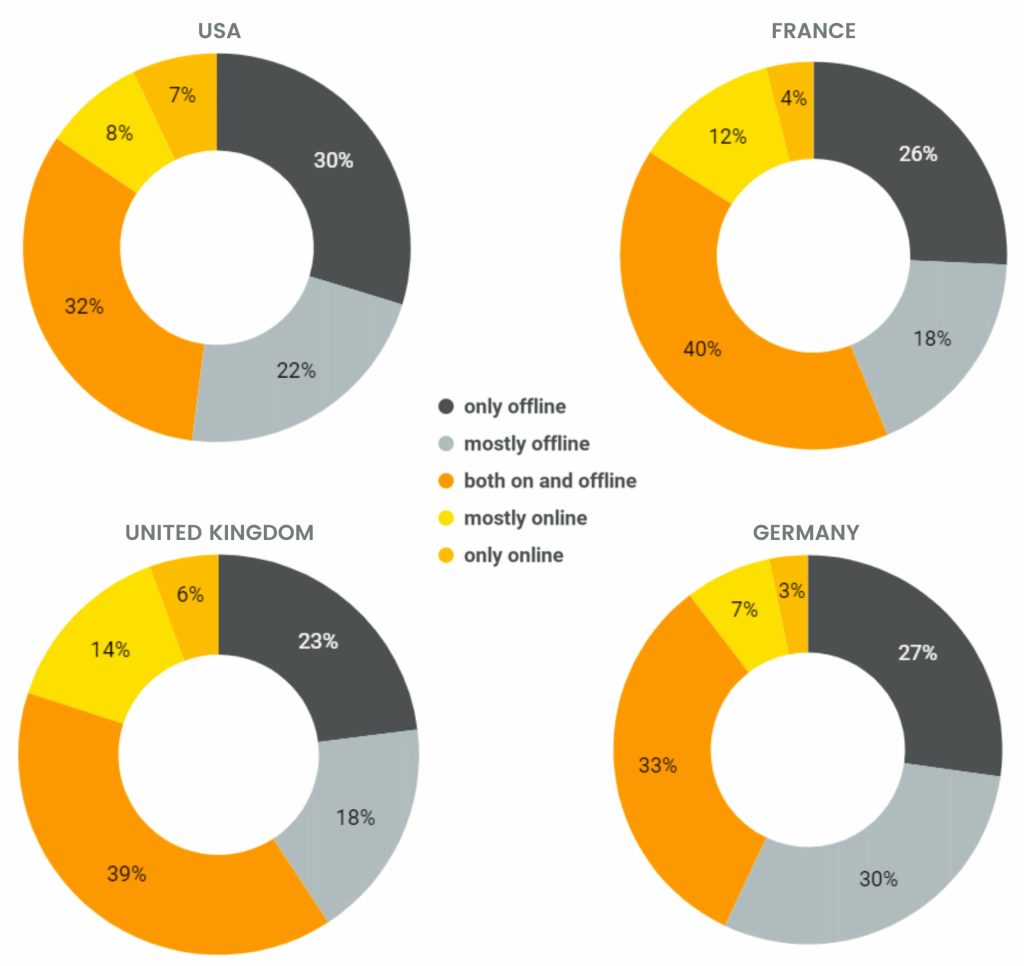
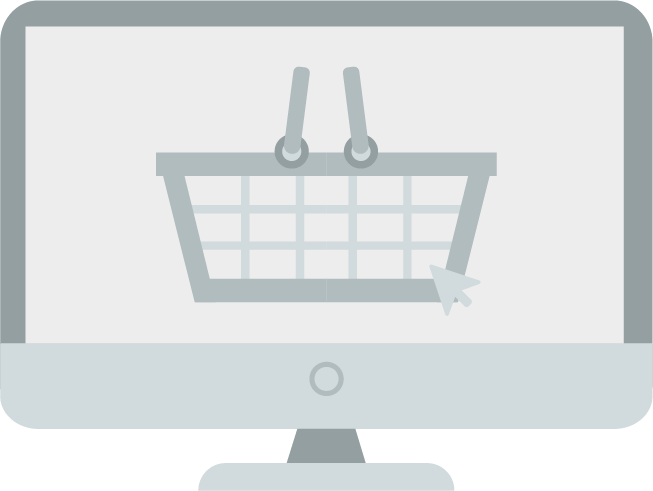
“74% of global retail and consumer brand professionals said they expect the crisis-led rise in online shopping to become permanent in an October survey fielded by Euromonitor International.”
Forbes
The shopping journey has now become more complex, with consumers comparing prices and items and commentaries on different sites and platforms. To retain or increase sales and maintain customer loyalty, manufacturers need to ensure that consumers have a seamless and consistent experience with their products across all online and offline interactions.
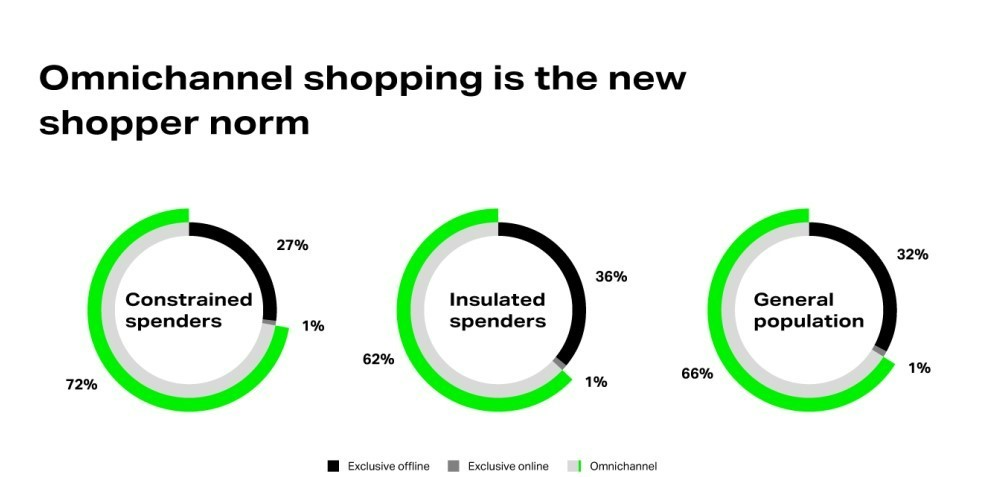
China: one the most advanced online to offline markets
Asian ecommerce markets are the most mature in the world. Chinese chains like Coop at Home with 389 online stores and LeShop with 163 stores are leading the way in bringing consumers into physical stores through digital platforms.
The US CPG ecommerce market
In America online grocery got a bit of a late start but the market is quickly catching up. Walmart now has 4,743 online stores, Amazon Fresh now counts 11 grocery stores in addition to its massive online business and delivery network, and Kroger offers over 2,000 pickup locations and 2,400 delivery locations in the U.S.
France, the birthplace of the click & collect model
The population distribution in France keeps delivery too expense for it to go mainstream, however the BOPIS and click and collect models are mature. The country’s largest chain, Leclerc, has 784 “drives” or click and collect stores, Intermarché has 1695, Carrefour 1228 and Courses U 873.
The UK CPG online market: the most mature in europe
In the UK, online grocery is shifting from a warehouse to a store-based model as brick and mortar stores find value in their proximity to consumers everywhere. Asda has 713 online stores, Morrisons Click And Collect has 447 locations, Tesco has 378 and Sainsburys, 337.



